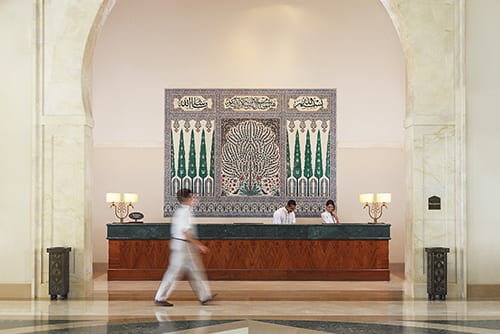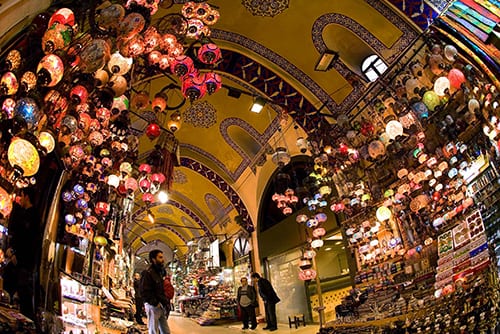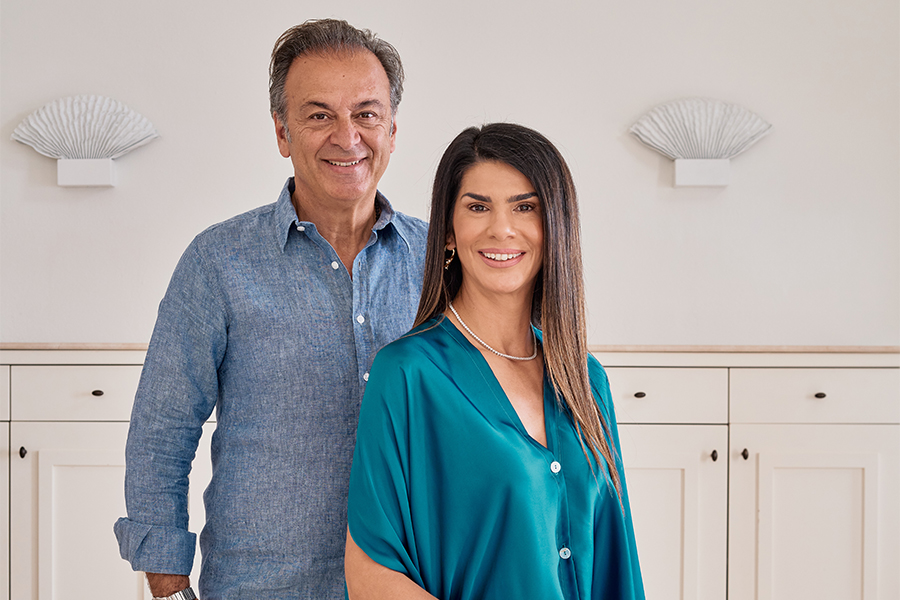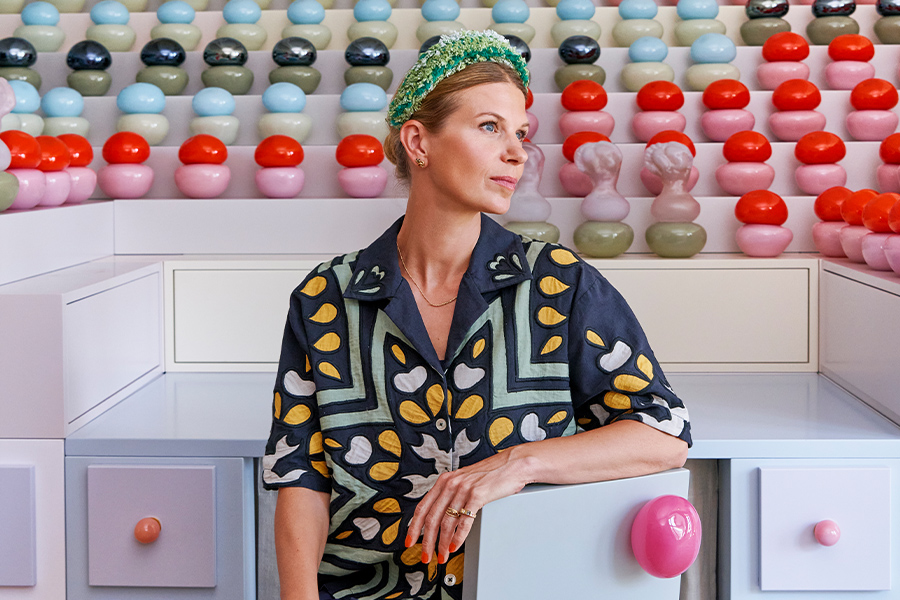Ömer Acar has worked his way up the hotel ranks—from assistant restaurant manager to director of F&B to his current position as the corporate director of asset management for Western Europe at Katara Hospitality. The Qatar-based hotel owner, developer, and operator has roughly 35 properties in its impressive portfolio—including such iconic luxurious places as the Excelsior Hotel Gallia in Milan, the Peninsula and Le Royal Monceau Raffles in Paris, and the Savoy in London—with 25 more set to open in the next 11 years. Here, he answers Alexandra Champalimaud’s questions about secrets to success, creating experiences, and the expectations of modern guests.
You studied architecture in your early years. What inspired you to make a career shift to hotel management? Does your previous study affect your process today?
Studying architecture was a truly inspiring experience. I found that being able to create something from scratch was always exciting and equally rewarding. However, as I wasn’t able to take part in the operations once the project was complete, I decided to turn to something more hands on.
I believe creativity makes for a successful business, and this is why I made the switch to the hospitality industry. By focusing on the success of the business, I am able to analyze and focus on the job at hand, while at the same time continuing to look at the bigger picture. I really enjoy creating experiences for people—being a part of their special moments by coming up with a humble idea and then taking it right through to people actually enjoying the result.
By studying architecture, I was able to leverage my creativity and focus on building the concept of a dream. Working in hotel management, I can live the dream and share it with others around me.

The lobby of the Four Seasons Sharm El Sheikh in Egypt. Photo courtesy of
Four Seasons Hotels & Resorts.
You have been GM or director of F&B at many renowned 5-Star hotels, such as the Four Seasons Sharm El Sheikh in Egypt, the Ritz Paris, and Le Royal Monceau Raffles Paris. What lesson did you take away from these experiences and carry in to your current role?
Each experience has its own journey and each journey has its ups and downs. The key thing that I have learned is to grow from not only your successes but also the challenges that come as part of success. It’s also about learning from the inspiring people around you in the hospitality industry—those who push the boundaries to provide exemplary experiences, true innovation, and those who really focus on how to surpass guests’ expectations. This is what makes memorable experiences and in turn creates truly iconic and leading hospitality establishments that set the standards for the rest of the industry.
Success can only be achieved by a team of individuals who are inspired by their leaders. It is important to constantly be innovating to keep the team engaged, and a large part of this is achieved by listening and learning from others’ experiences. Our CEO, Hamad Al Mulla, is very innovative and asks us to always be inspirational and creative for each project. This approach makes us a very unique company in the hospitality industry.
How do collaborations lead to new ideas?
Having different partners around the table with different cultural and professional backgrounds keeps me on my toes and allows me to continuously think outside of the box. No idea is a bad idea—they may not be a perfect idea for an existing project but they could be a perfect solution for another. To have a true holistic approach, it is crucial to take on board the
ideas and opinions of those from across all industries.

The arched ceiling of Istanbul’s Grand Bazaar. Photo courtesy of
Raffles Hotels & Resorts.
Do you have hospitality or travel experiences that have formed the way you view the ultimate F&B experience?
The most exciting part of travel is learning local cultures. You constantly experience different sensations, such as flavors, colors, sounds, smells, and textures. To be able to transform all of these emotions into a luxurious experience without losing its authenticity is key.
I believe that everyone has a special memory from their childhood. One of mine was going to a spice market at Grand Bazaar in Istanbul—I remember finding it so inspiring. Today, it is important to create an experience for travelers who want to experience this emotional journey with local heritage and genuine authenticity.
What are the needs of today’s guests, in comparison to their requests when you first started? Has the increased global economy shifted aspects of the F&B experience?
Since it has become easier to travel, more people do, and as a result expectations have increased. The ‘surprise’ element of food and beverage became desirable. A quote by [advertising agency Saatchi & Saatchi executive chairman] Kevin Roberts sums it up perfectly: ‘Don’t give people what they expect, give them what they have never dreamed of.’


